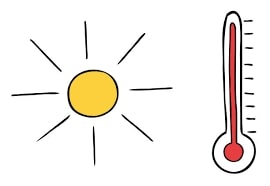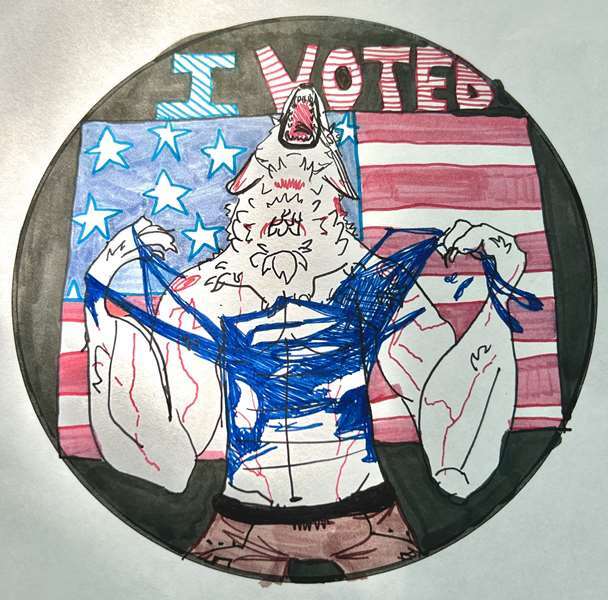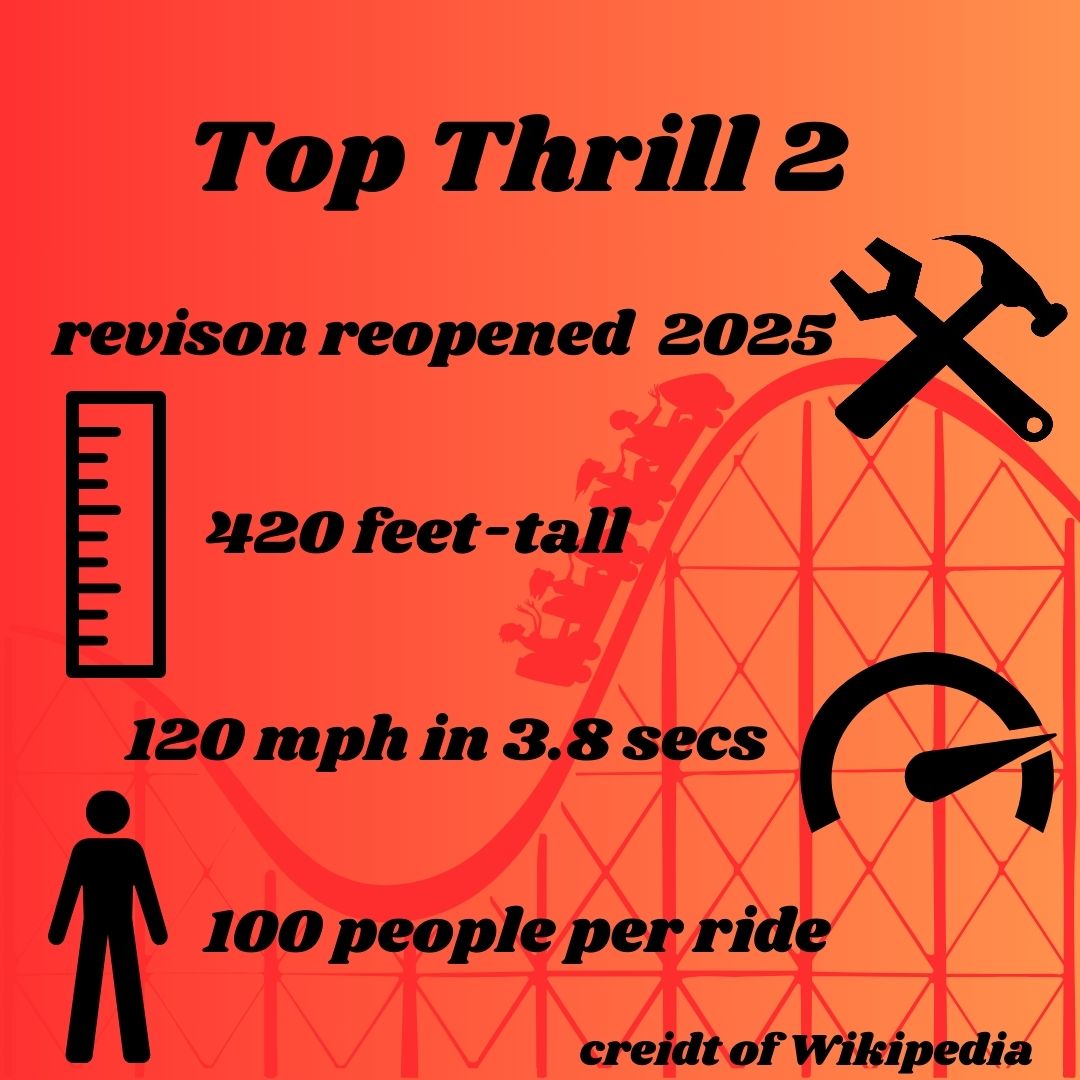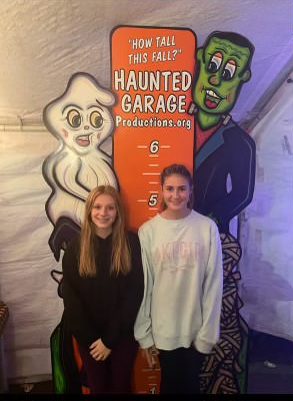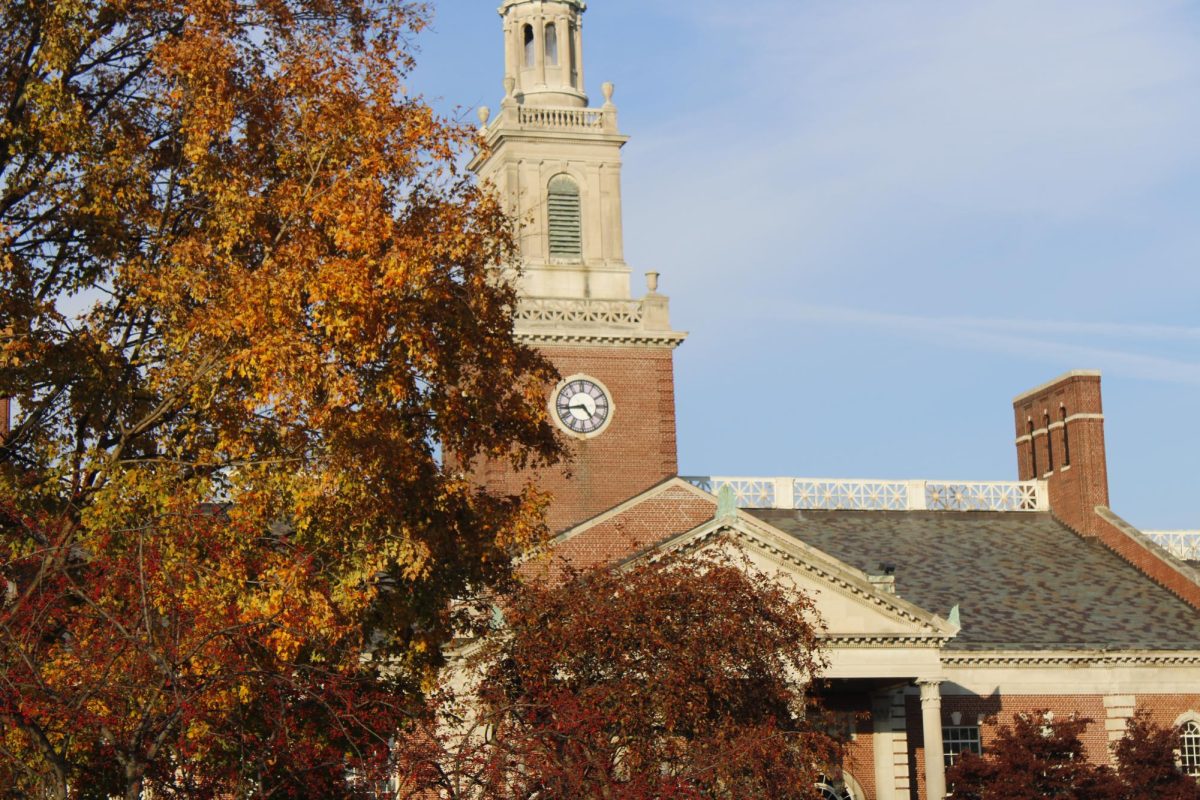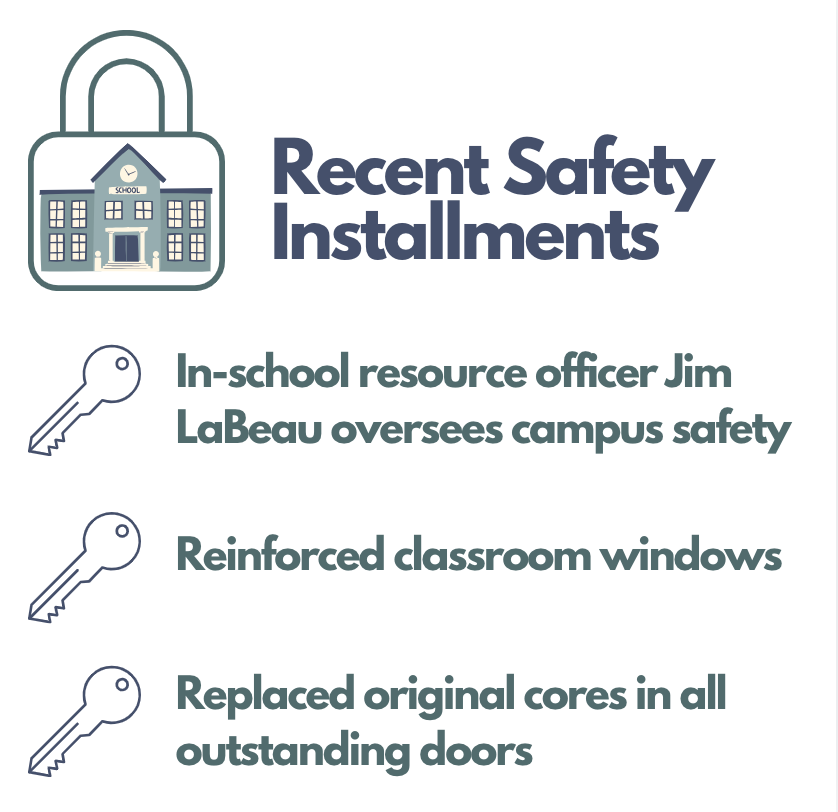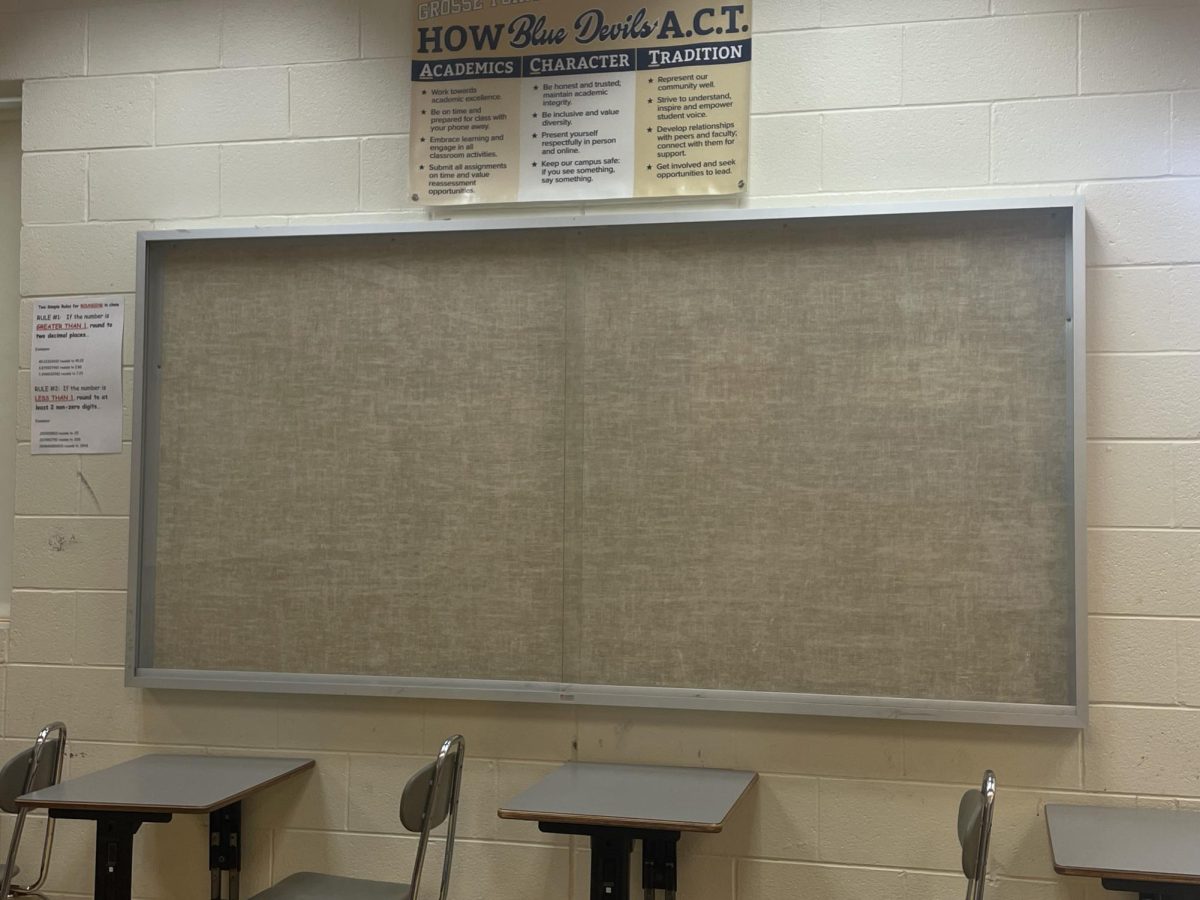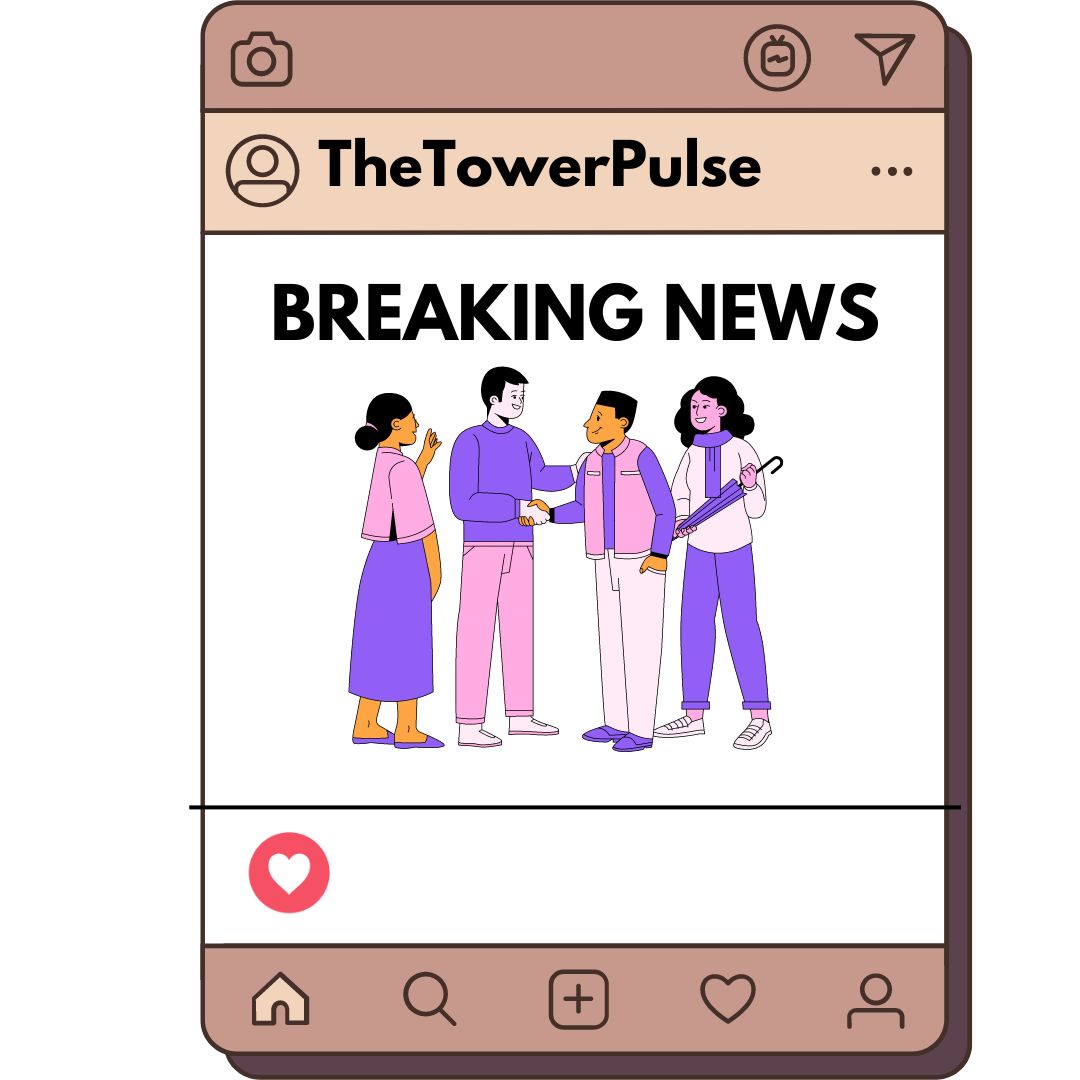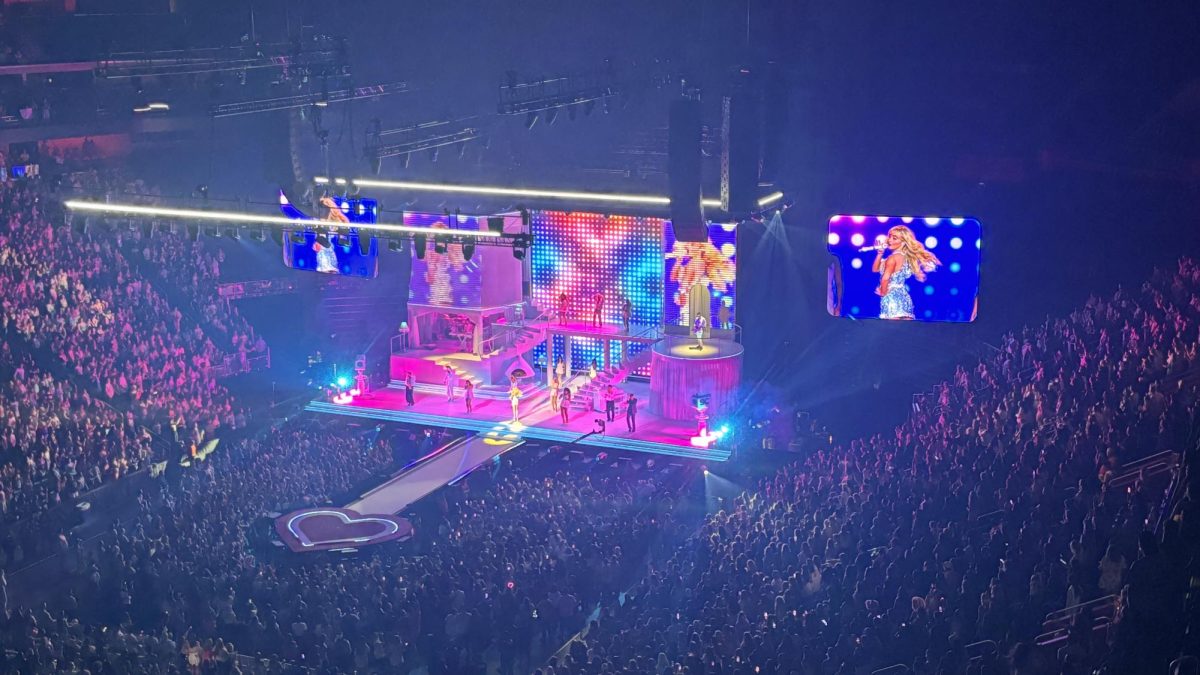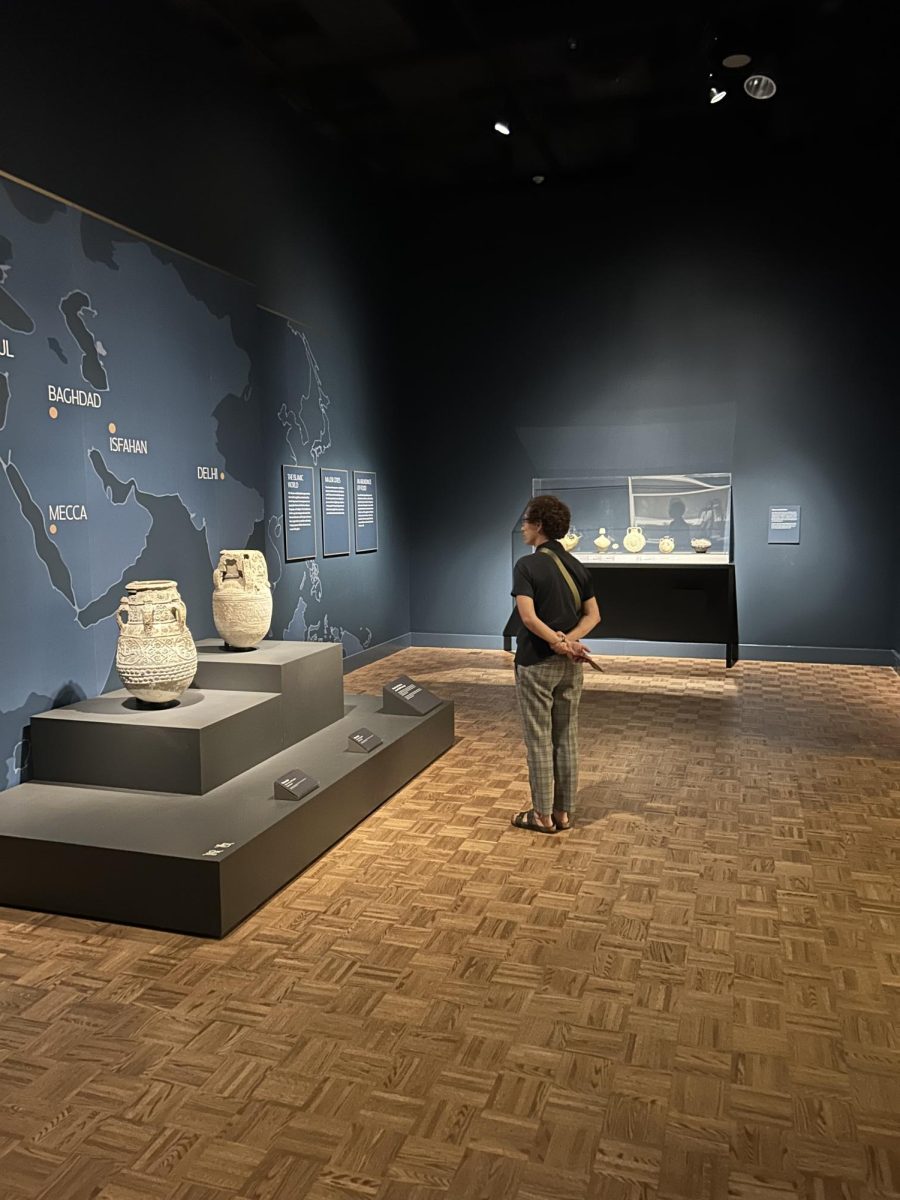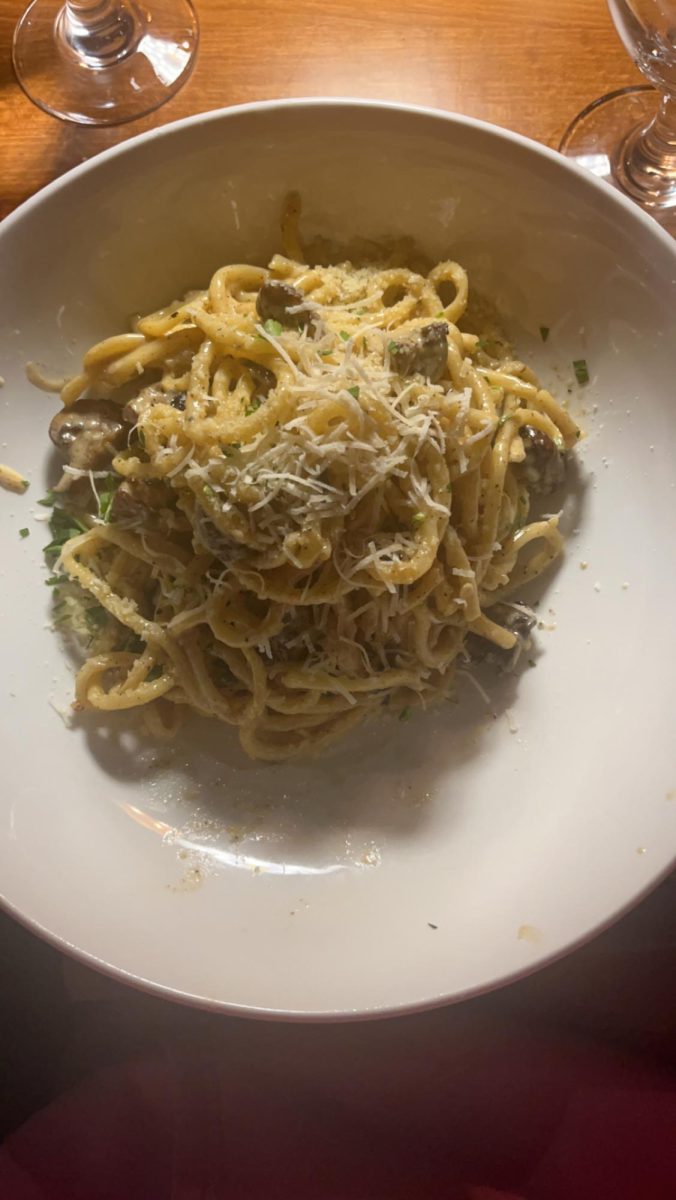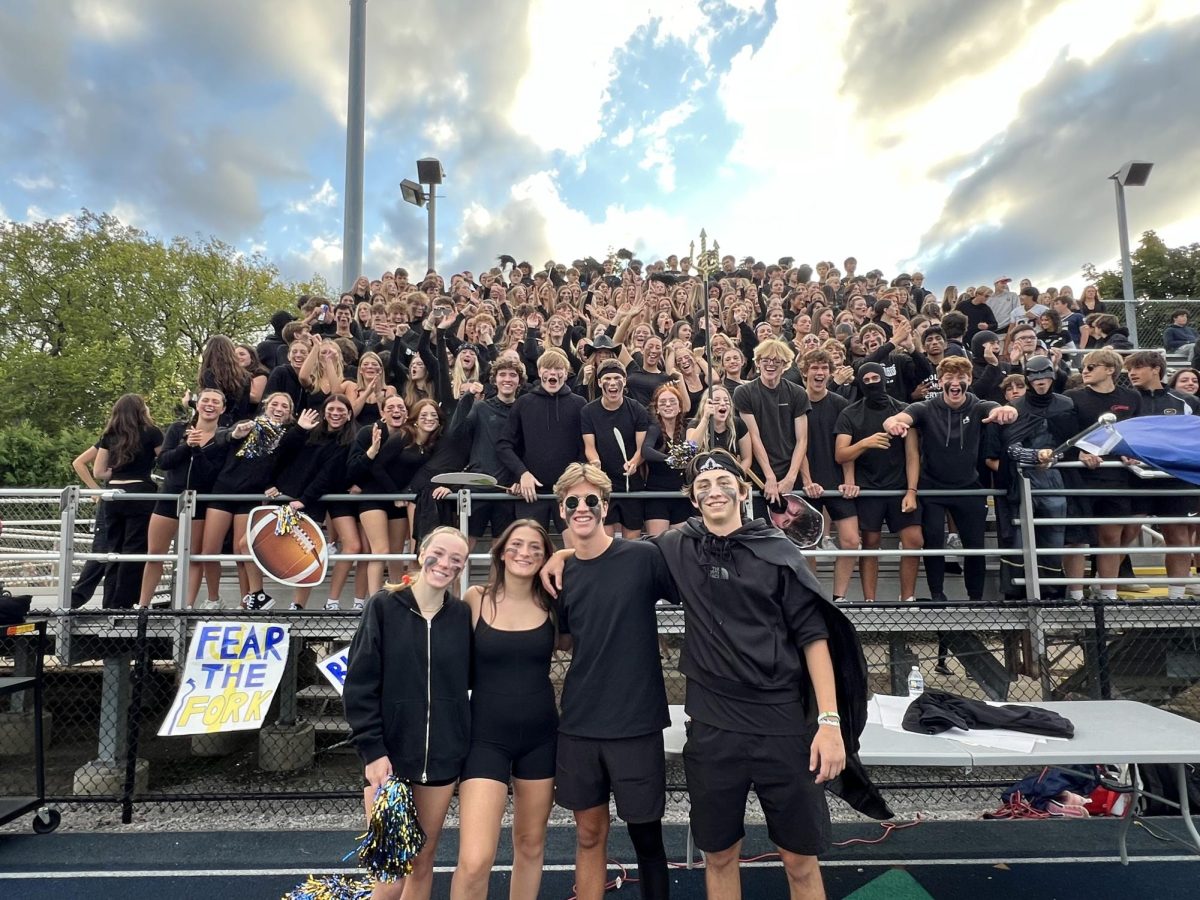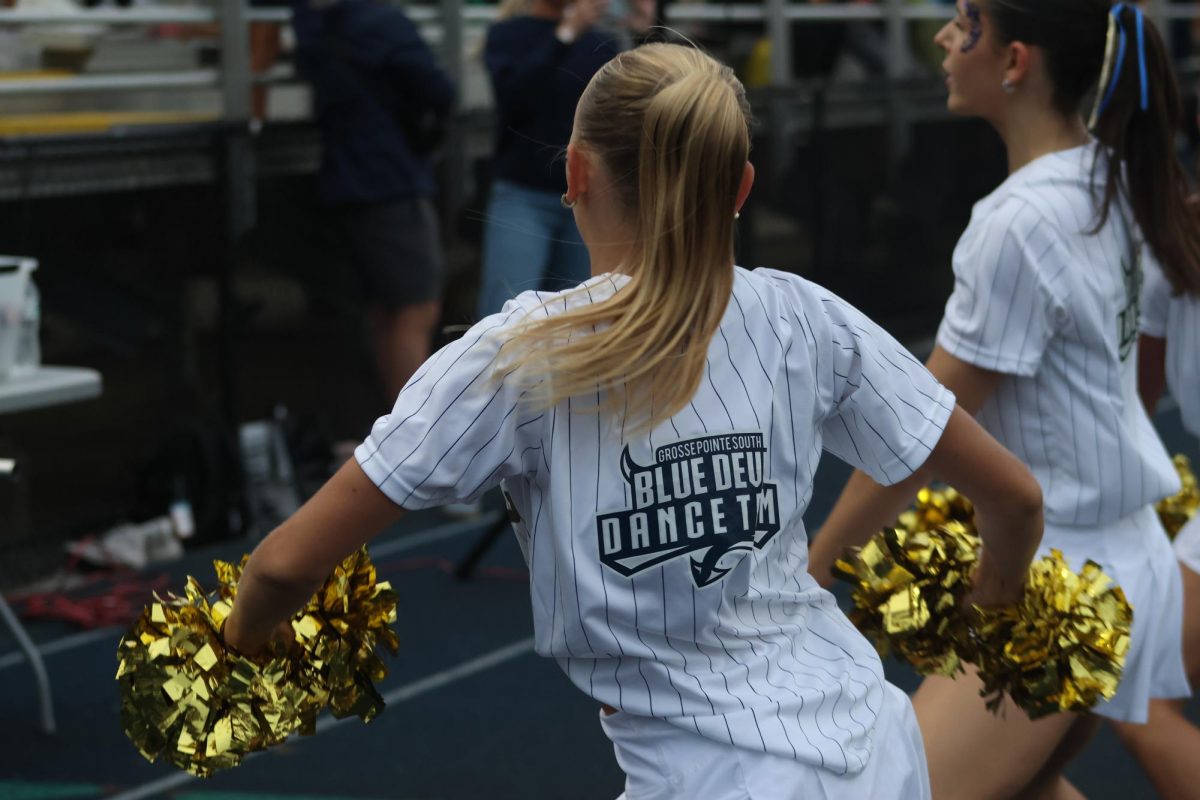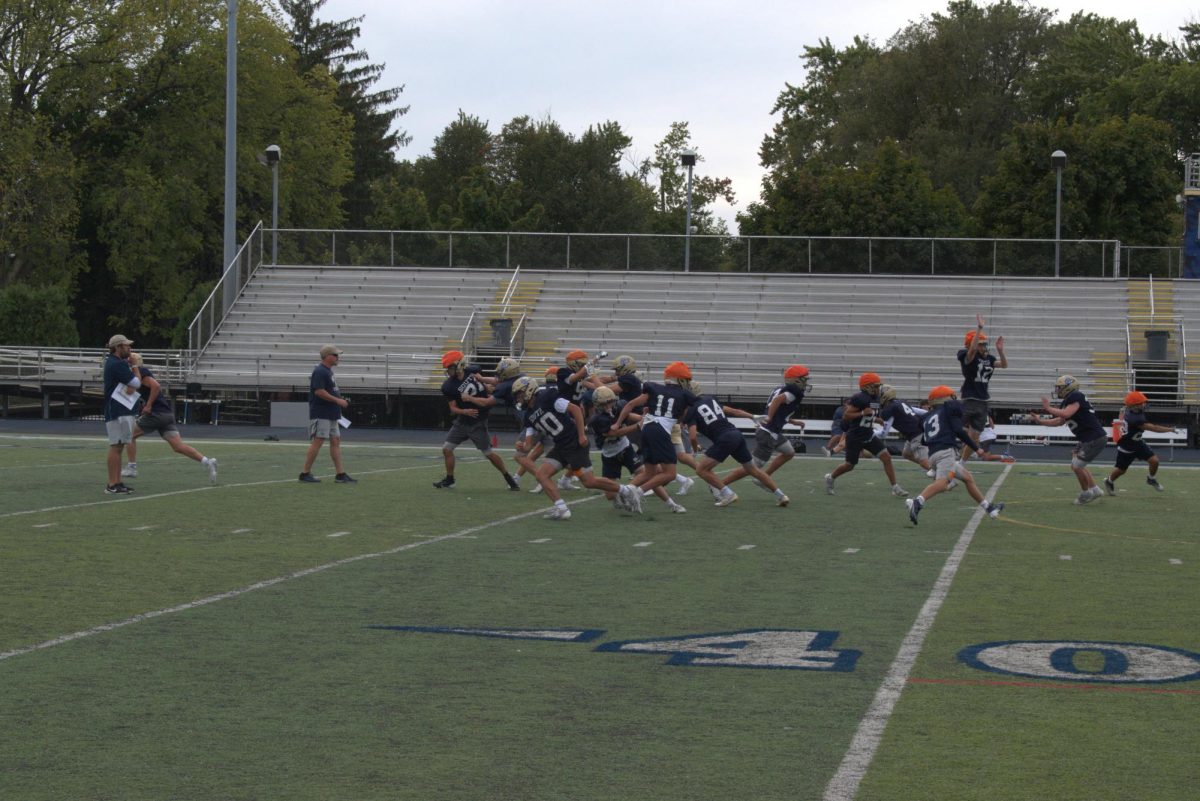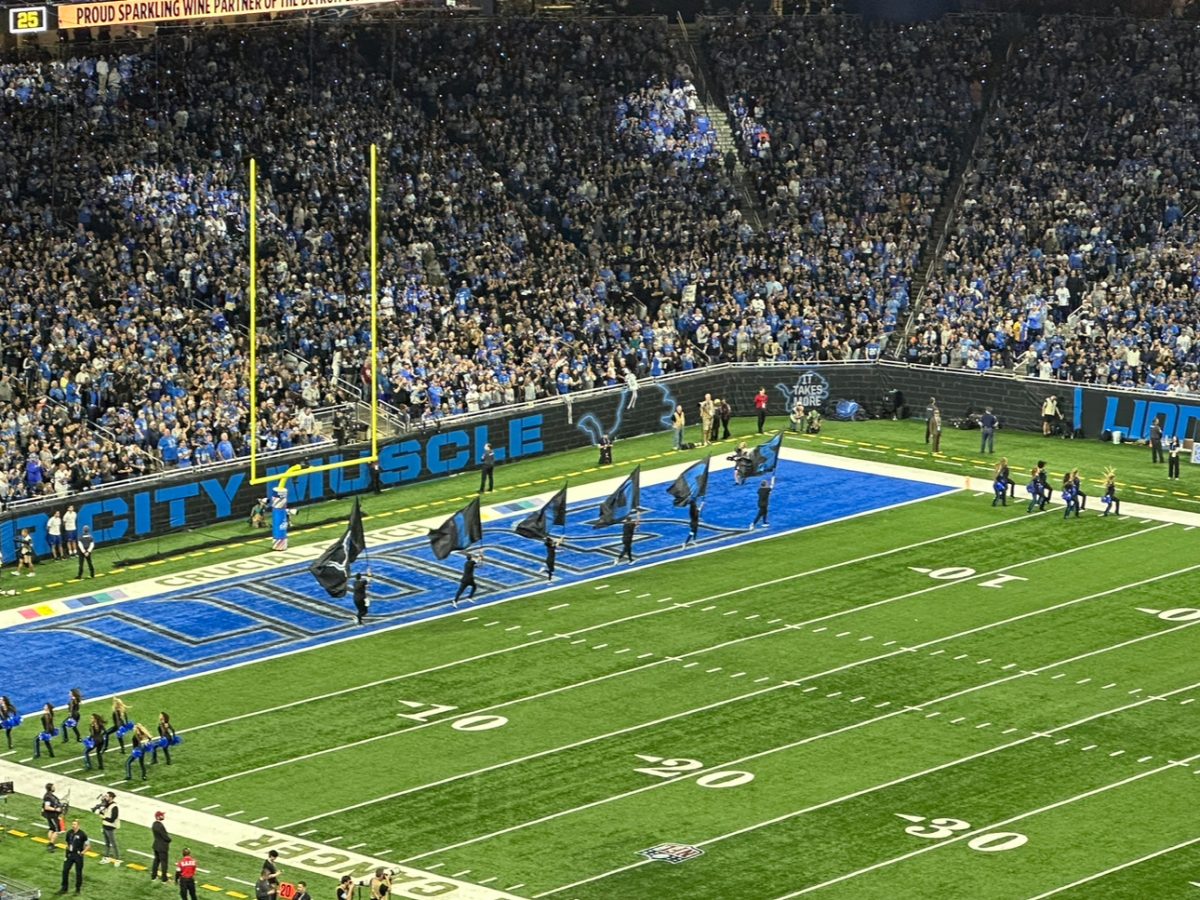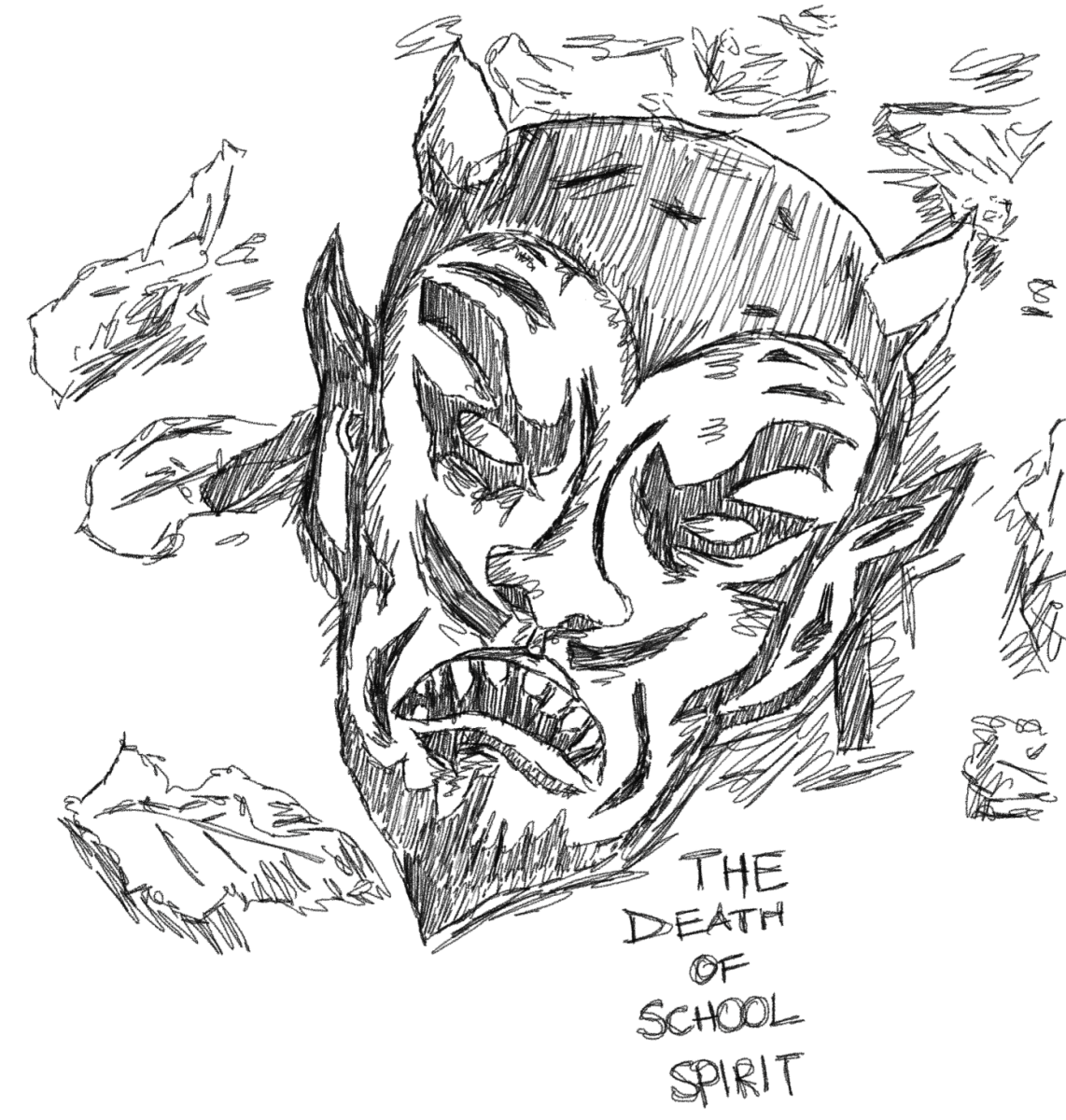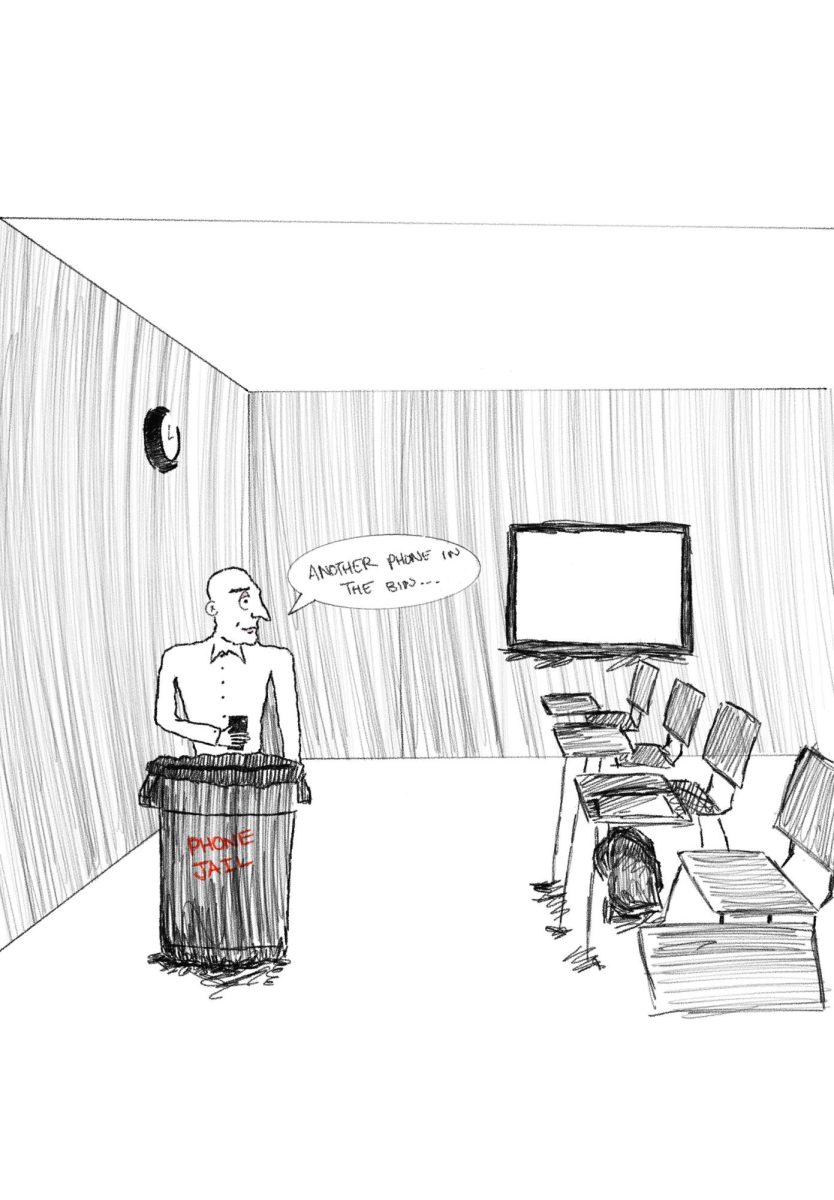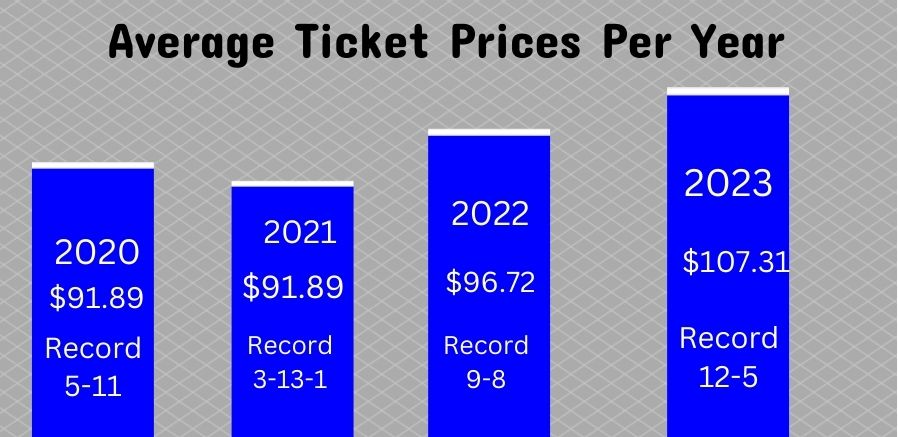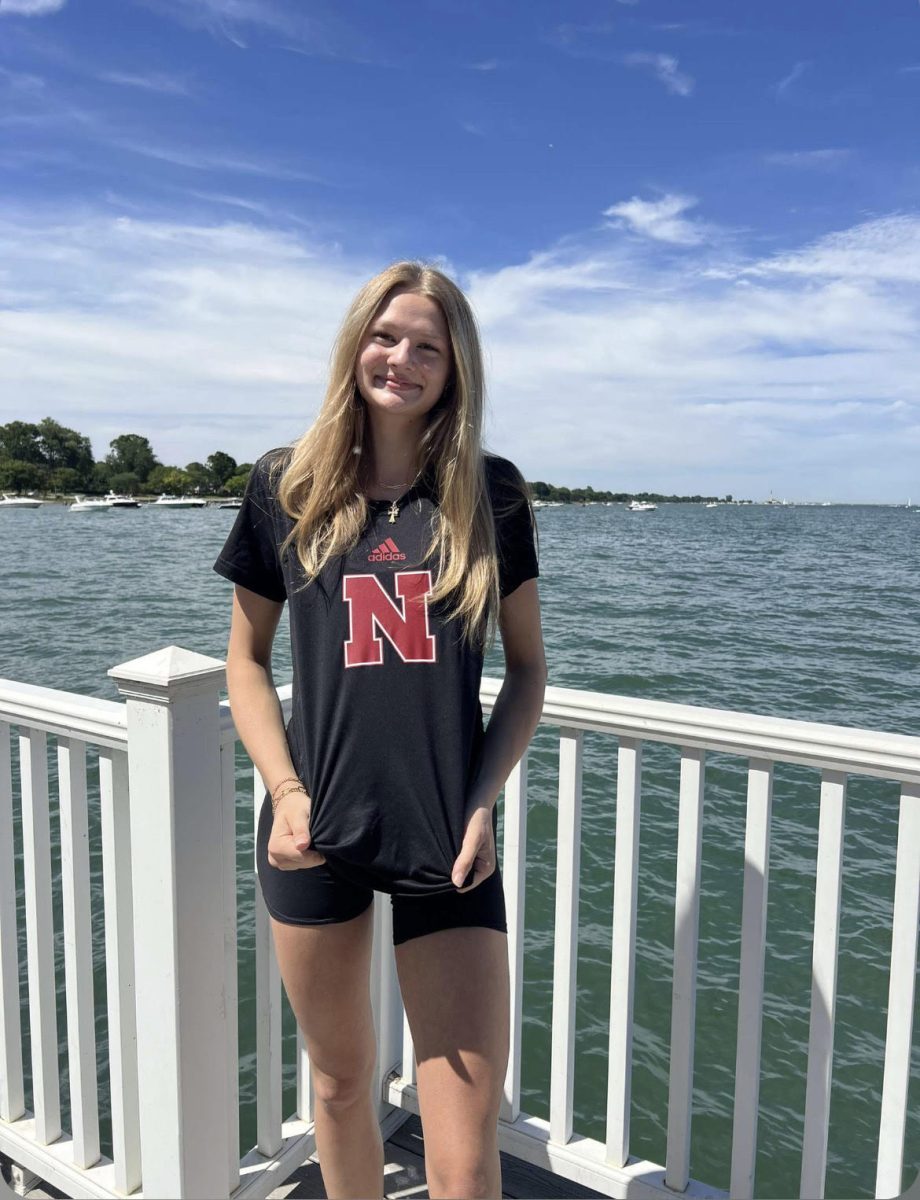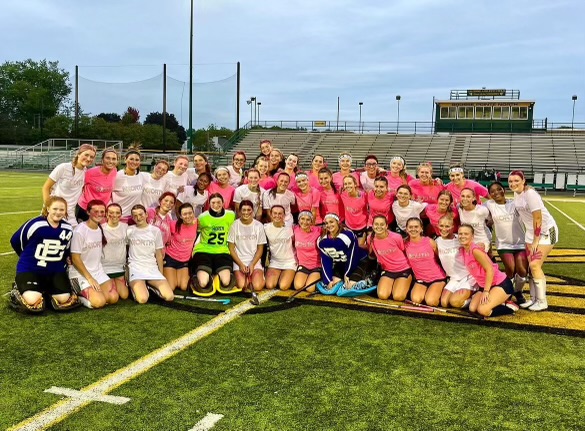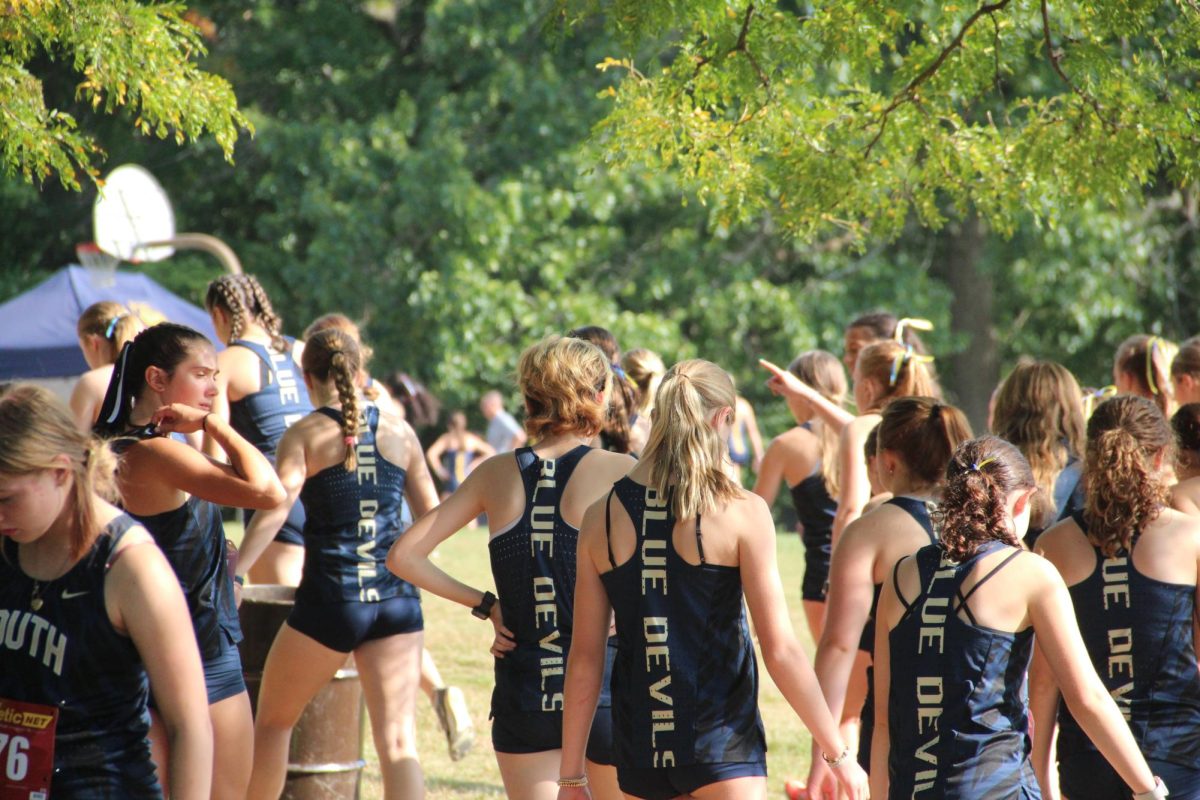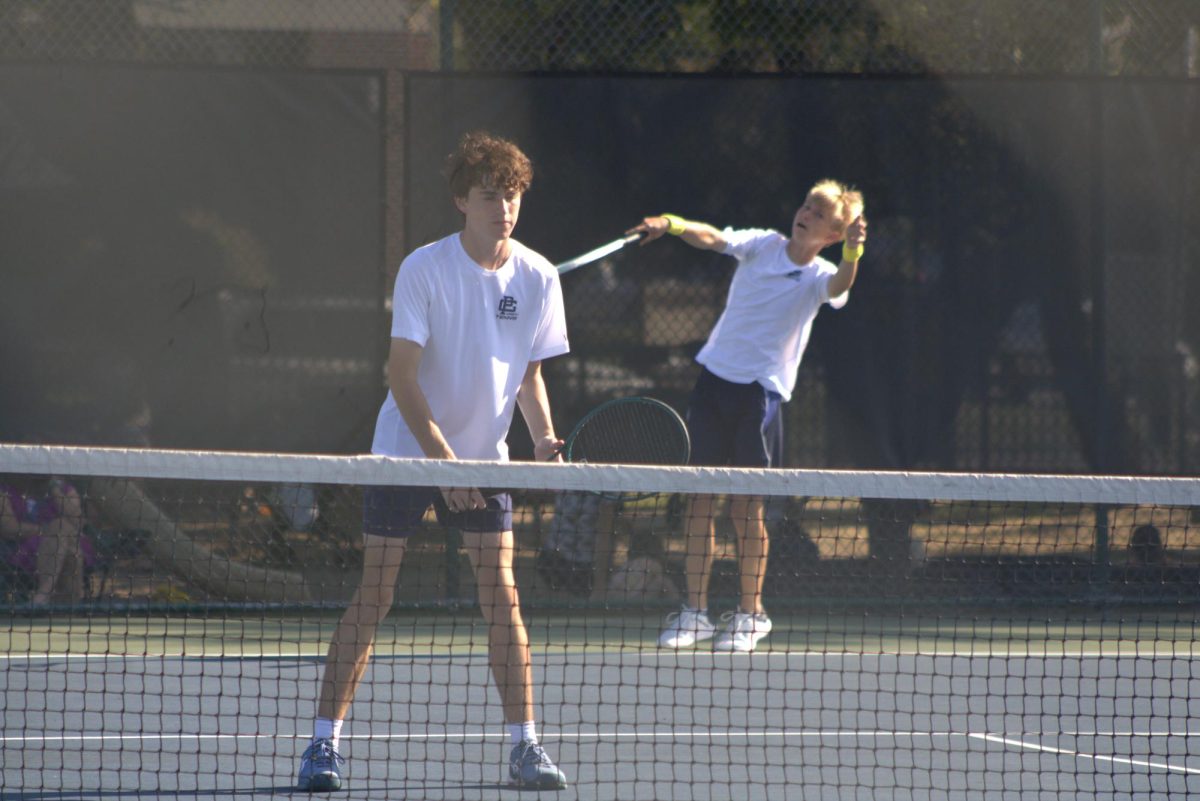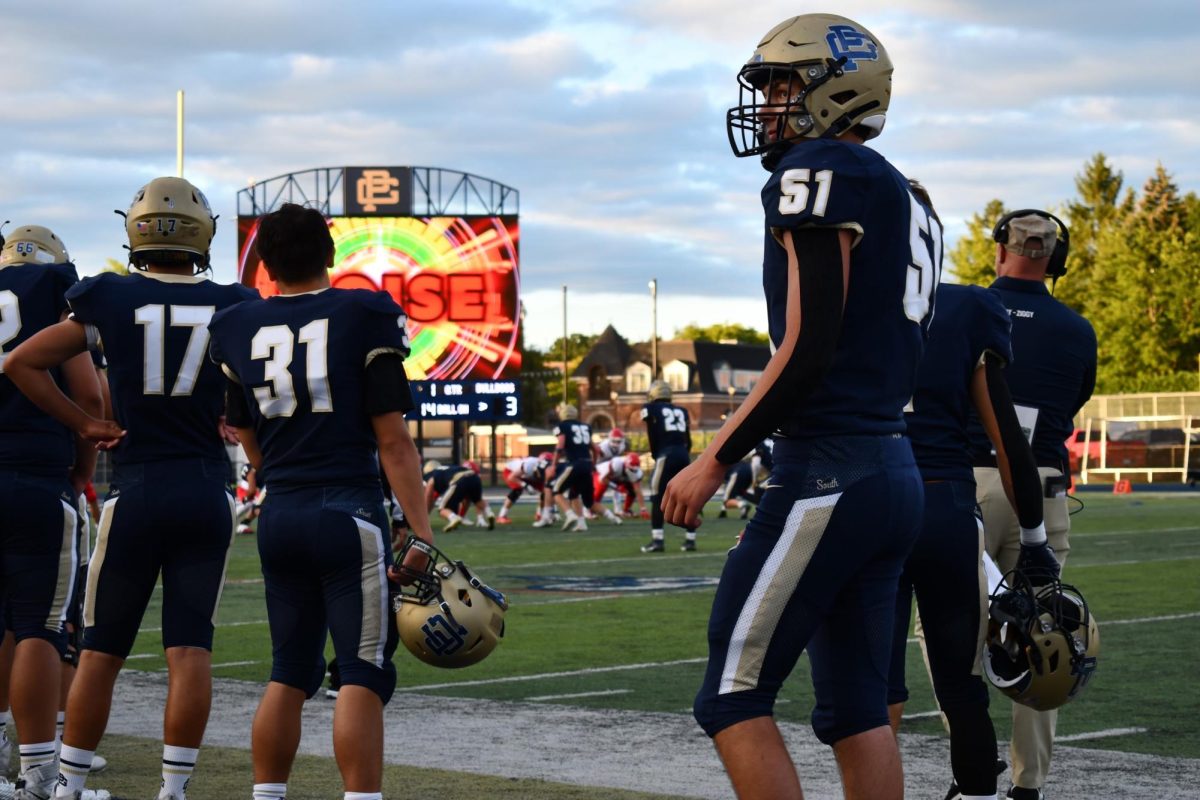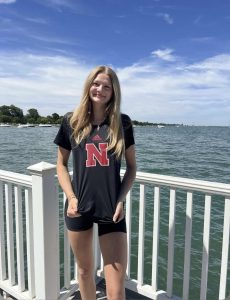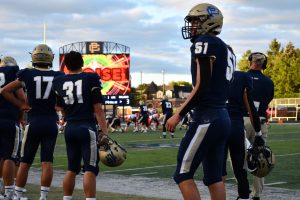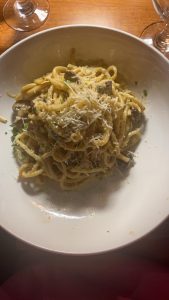Working out post-COVID
March 15, 2021
COVID-19 has shaken up many things, including how people workout. As students readjust to new routines and new lifestyles, exercising has evolved along with them.
According to linebacker Paul Wilson ’24, he has to workout at home post-COVID, where he said he has to do many more repetitions of exercises than he would at a professional gym due to his lack of equipment. Despite this, Wilson continues to remain dedicated to working out.
“I mainly workout because I’m very hyper and I have trouble relaxing,” Wilson said. “(But I also workout) because I play sports. (Post-COVID), it’s easier to feel motivated because it’s the only activity I can do.”
Likewise, varsity soccer and field hockey player Olivia Frye ’22 also workouts in her free time. In particular, Frye enjoys weight lifting at the Neighborhood Club.
“I play sports, so at first I started working out because I wanted to stay in shape, but after a while I found that I really enjoyed going to the gym,” Frye said. “It’s definitely helped my confidence in all aspects of life, and that’s basically all that I hope to get out of it.”
However, Wilson and Frye’s consistent routines are not common among many other student-athletes, P.E. teacher and cross country/track coach Stephen Zaranek said, as COVID has greatly diminished the group motivation aspect of team sports.
“With little or no group or team environment, it has been difficult for student-athletes to work out,” Zaranek said. “The self motivation needed during this past year has provided a challenge. The sudden change in how we approach workouts has caused a disconnect with fitness that will need time to heal.”
Frye mirrored Zaranek’s sentiments, and said the pandemic caused her to reevaluate why she works out. According to Frye, she found inspiration within strong women on social media who helped her gain confidence in the gym.
“The pandemic definitely made it difficult for me to stay consistent and motivated,” Frye said. “It comforted me to know that a lot of other people were in a similar boat, but there were a lot of hard days for me. I tried to have the mindset that right then, there were a lot of things I couldn’t control, but how I felt physically and mentally was something I could.”
Despite the physical and mental setbacks COVID has conjured, Zaranek said he believes in the resiliency of student-athletes during this time, as well as in the resiliency of their supporters.
“As we slowly move back to normal school activities and sports in general, student-athletes will adjust,” Zaranek said. “Coaches will handle this well, and the support from coaches, parents and teammates will greatly help get the important exercise routines back in place.”

